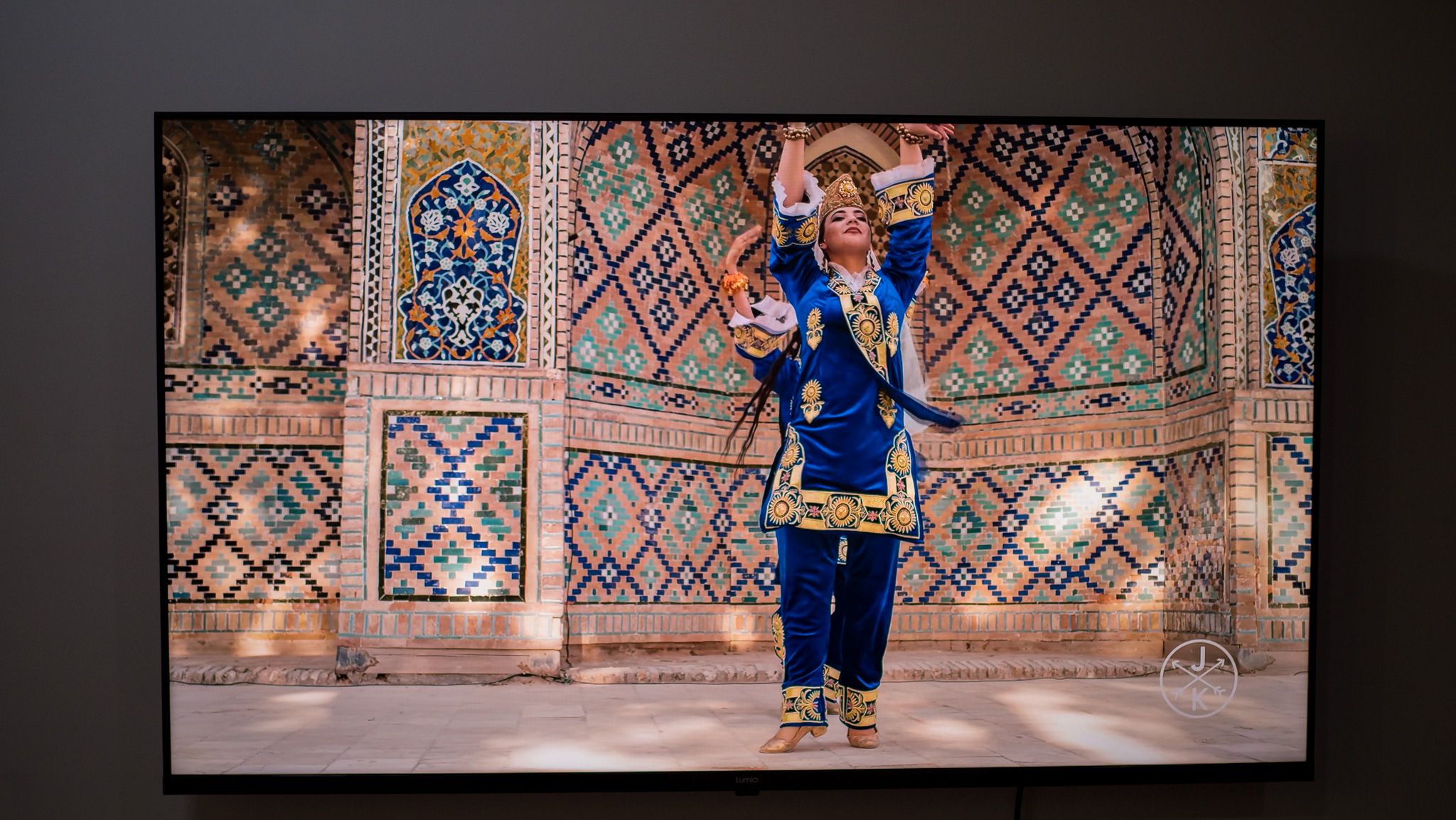Examining the possibility of an Android-only strategy across phones, tablets, laptops and desktops
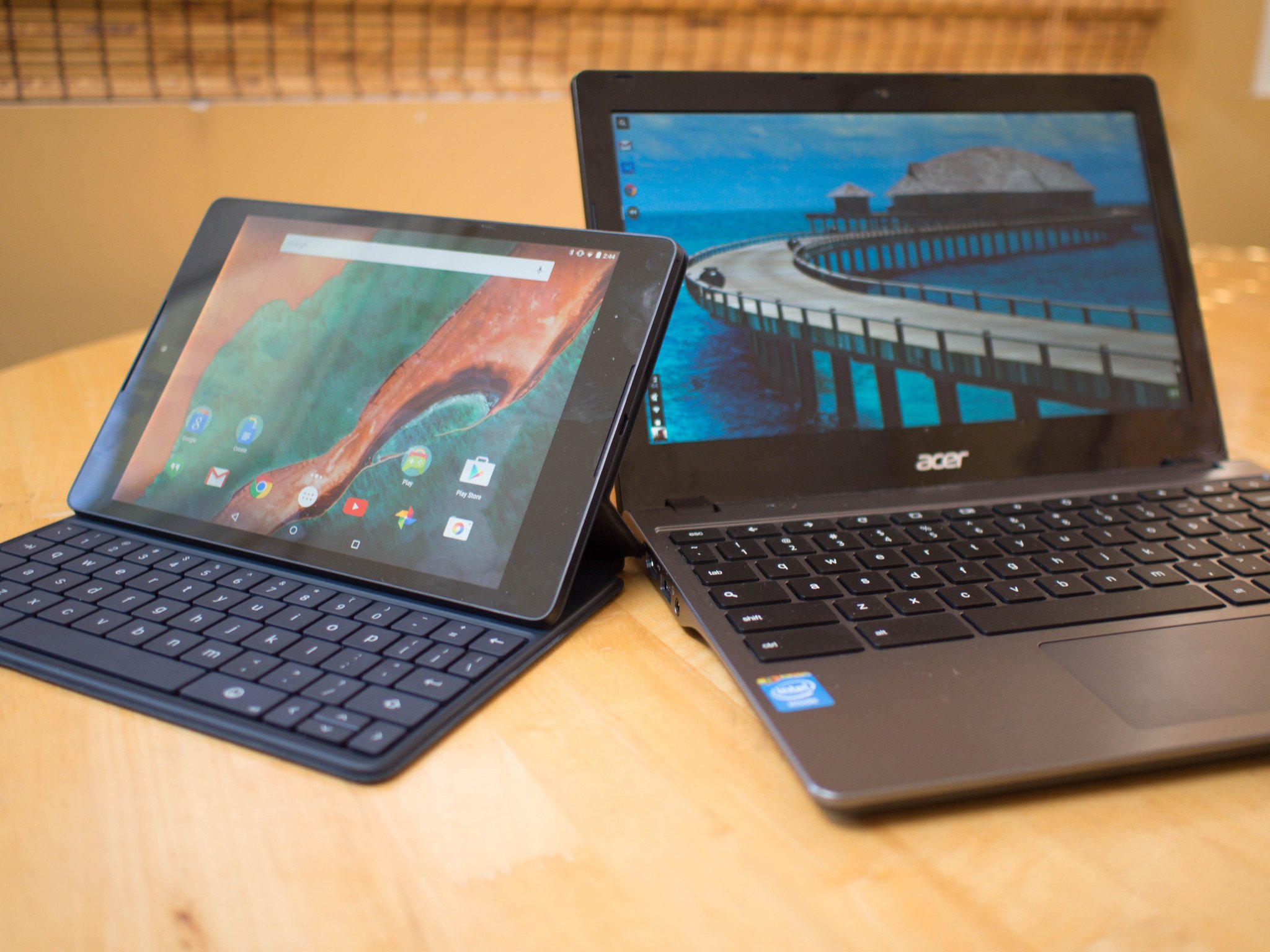
If you've followed the story of Google's concurrent management of both Android and Chrome OS, you've likely wondered how (or even if) their paths may converge at some point in the future. A report out of the Wall Street Journal claims that convergence may be little more than a year away, and I think it makes a lot of sense.
While Chrome OS and Android operate in separate arenas on different types of devices, their interconnection and convergence has been signaled since Sundar Pichai took over management of both teams in 2013 before leaving that job to take the Google CEO role and appointing Hiroshi Lockheimer to take the combined duties.
The story has it that Chrome OS will "fold" into Android and the new-and-improved Android will run on a variety of devices, including traditional laptop and desktop hardware. Is it that crazy to think that it'd work? Let's discuss.
Chrome OS has limitations, and an uphill battle
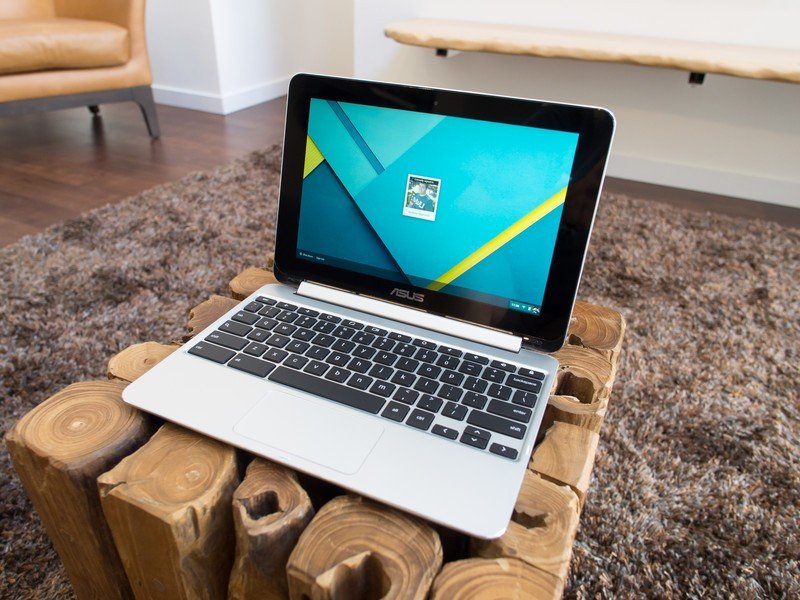
I really enjoy using Chrome OS. It's simple, requires far less processing power to operate smoothly — therefore running well on inexpensive hardware — and has tons of wonderful cloud-first ideas. But I, as anyone else who uses Chrome OS regularly, know that it isn't on the same level as other desktop-class operating systems.
The first Chromebook, the CR-48, was seeded to developers in 2010 and followed the next year by consumer-facing models. In the five years since the launch, Chrome OS has improved significantly in terms of features, design and polish. A modern Chromebook (or Chromebox, for that matter) is a very capable machine, but nobody can claim that it has the power or potential of the same exact type of device running Windows, OS X or a popular distro of Linux.
Chrome OS has shortcomings, and it's a long way off from being a capable multi-device platform.
The shortcomings of Chrome OS are even more apparent when you look at its prospects on a variety of different device types and sizes. While Chrome OS works fine on laptops between 11 and 15 inches, it's in no way suited to be a medium-to-large all-touch tablet OS nor is it really ready to take advantage of a large desktop-size screen. On the tablet end, Chrome OS doesn't have the interface for touch controls, and the full desktop-style web that it renders and relies on isn't completely ready for touch either. On a larger screen, Chrome OS doesn't give you anything more to work with. Though window management has improved, a Chrome OS machine doesn't have the system or tools required to be the "hub" for which you connect other devices to it — it's too busy trying to be an appliance.
Be an expert in 5 minutes
Get the latest news from Android Central, your trusted companion in the world of Android
In both small and large device classes, native applications are the real issue. Smaller devices really need purpose-built touch-first apps, not just the desktop web and a few of Google's own apps. On the other end, desktop computers with large screens need to have powerful applications that give you access to the extra screen room and hardware on the desk. Chrome OS doesn't have an app catalogue worth making any note of (for any device size), and the attempt to bring Android apps over to the platform isn't working.
Android isn't perfect, but it's closer than Chrome OS
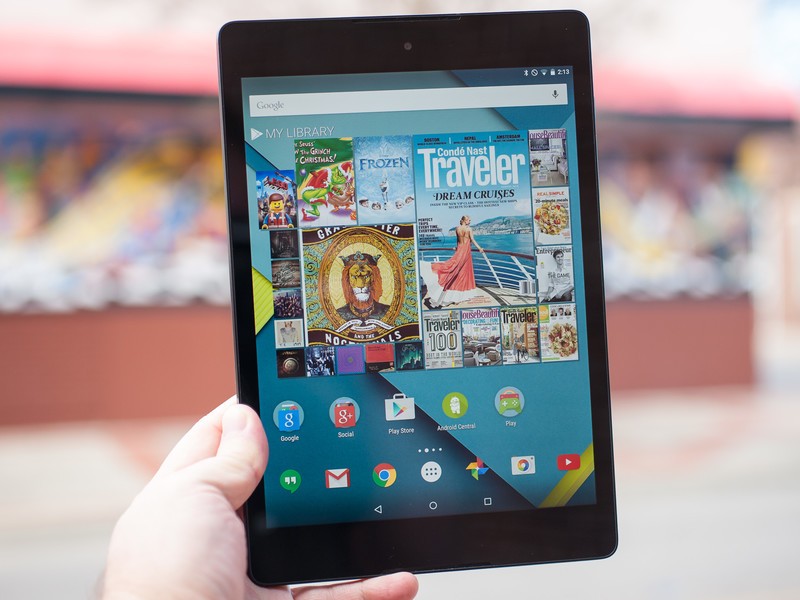
In the same way that Chrome OS has never really made sense for consumers on anything other than a laptop, Android hasn't exactly done well as an operating system for devices larger than phones. Android's explosive (and sustained) growth in the phone market hasn't turned it into a first choice in terms of a great tablet experience, despite plenty of trying. Google has been focusing on making Android a capable tablet OS since the launch of Android 3.0 Honeycomb in 2011, and while Android 6.0 Marshmallow is a fine tablet OS it's hardly the winner on large devices that Android traditionally has been on phones.
Five years of development on each platform, and Android is clearly further along.
The difference here? I think Android is better poised to scale up to other large computing devices than Chrome OS is to fix all of its issues. Though it has five years of development and supporting hardware revisions under its belt, Chrome OS still doesn't feel like a "finished" operating system. The interface changes considerably every handful of weeks with updates, basic features are still missing, and core portions of the OS, like the settings menu and file system, just don't feel like they'll ever be properly done.
How far has Android come in the same period of time? Pretty damn far — and you can't argue against the fact that Android is the more polished and complete of the two.
There's a thriving ecosystem of over one million apps for Android, and though a small subset are tablet-ready, the fact that the developers are already on Android is the biggest hurdle already jumped. Add to that the fact that Android is just far more capable as a base operating system — with a proper file system, notification hooks, centralized settings, app permissions, and so much more — and it offers so much more potential.
If Google were to take yet another look — and considerable engineering resources — at how to scale up Android to properly address the needs and requirements of running on tablets, laptops and even desktop-size computers, it has the potential to be far more powerful and capable than Chrome OS on the same types of hardware.
The Pixel C may lead the way
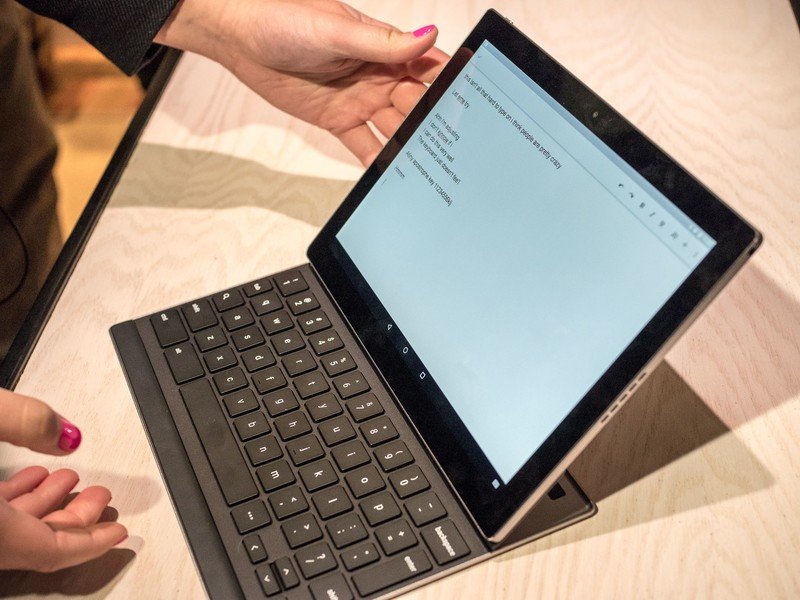
Today's story about Android consuming Chrome OS to make a single operating system sheds a bit more light on the recently-announced Pixel C tablet from Google. When it was unveiled it was a bit of a puzzle, taking on Google's in-house hardware Pixel name but running Android instead of Chrome OS — and promising updates every six weeks, more in line with Chromebooks than its Nexus devices.
It's a convertible device meant to be used like a laptop, and if Google really is working to bring Chrome OS inside of Android to expand its ambitions to non-phone hardware the Pixel C would surely be a nice development platform.
There are still huge steps ahead if Android is to expand and become a first-choice — or even just capable — operating system for a wider range of devices. But if it adopts some of the great ideas from Chrome OS while leveraging its huge base of active developers, it's poised to do something even bigger.
Andrew was an Executive Editor, U.S. at Android Central between 2012 and 2020.

